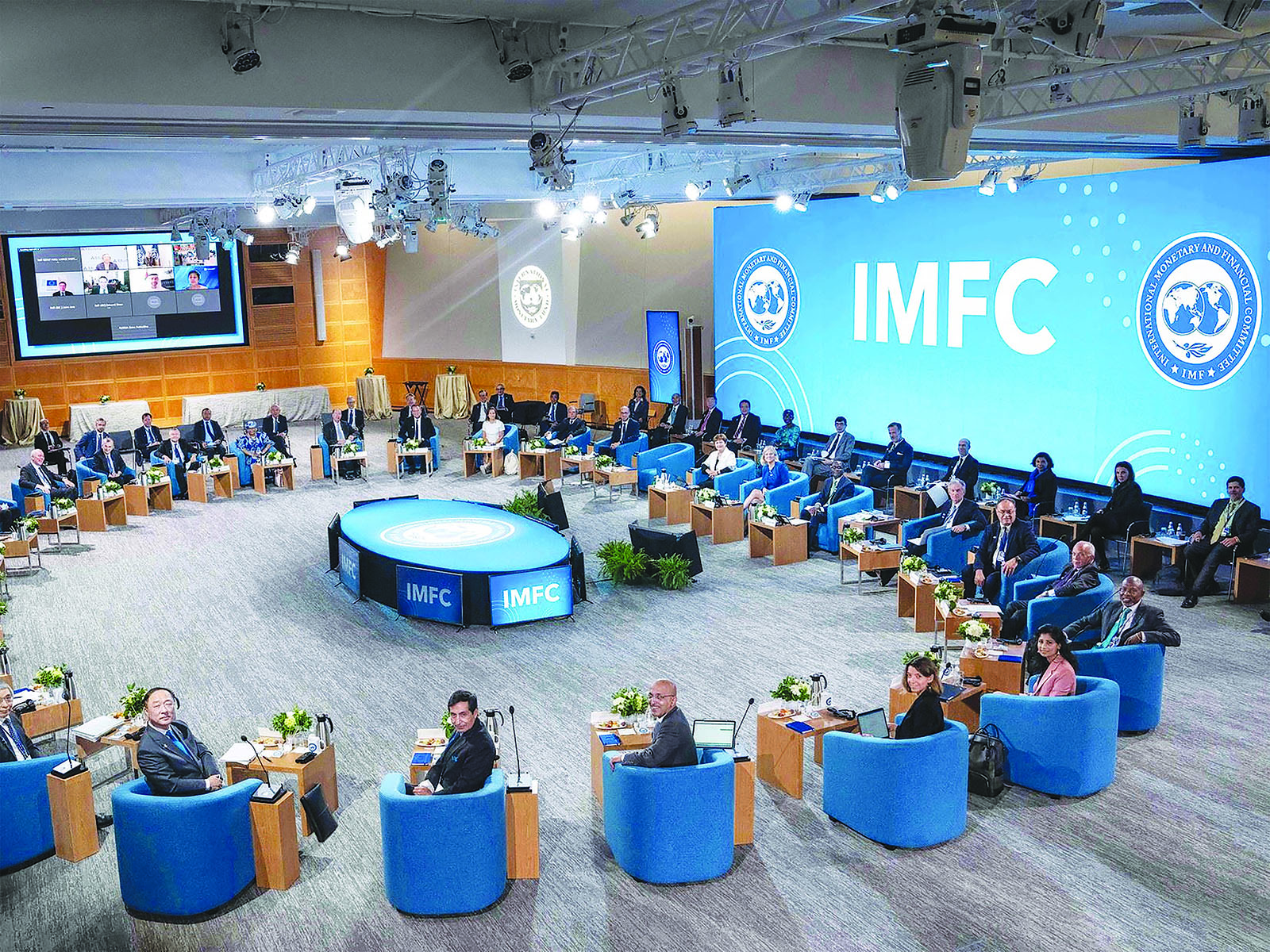By Joni Akpederi
Kristalina Georgieva, the International Monetary Fund’s Managing Director, wasn’t being alarmist when, a few months ago, she admonished Europe to stay together and focus on its single EU market to avoid a niggling financial turmoil, like the one brewing in the Global South, especially in some countries in Sub-Saharan Africa, Latin America, and Southeast Asia.
Countries such as Greece, Spain, Portugal, and Ireland that were seriously affected by the 2008 financial crisis were ably bailed out by the coordinated action of Germany, the European Central Bank, the IMF, and others. Since then, countries in the Eurozone have had the good fortune of being in a strong economic alliance that catered for its weakest members, but this state of affairs cannot be taken for granted. Weak economies in the Global South don’t have that luxury, so there are worrying incidents of defaults in countries spread from Argentina in South America through Bangladesh to Sri Lanka in Asia to Ghana in Africa, with more threatening to miss payment commitments.
Mercifully, the US, China and other advanced economies are coming out of lethargy. While Europe has started growing again, the sub-one percent rate is “too anaemic” to keep off the prospect of a relapse. The real problems of fragmentation, rising right-wing politics, and protectionism are keeping leaders distracted from the real task of building Europe’s competitive strength.
Too many governments are raising new debts to pay interest on old debts, further pushing up rates. Some are debasing/devaluing their currencies to dampen pressure on foreign reserves and keep government temporarily “solvent,” albeit to little avail.
Public policy analyst and economist Jeffery Sachs, like many civil society organisations, thinks the spectre of another financial turmoil will not recede until the lingering disruptions and uncertainties caused by Russia’s invasion of Ukraine are resolved.
Today, the world may not be overly troubled about the global economy. IMF Global Financial Stability Report reckons that banking and financial markets are somewhat calm after the turmoil noted in August, but worries over the future persist. Fund experts believe that economic uncertainties threaten financial stability. They gleaned some correlation between the two, even if instability tends to trail the markers of uncertainty.
Signs of uncertainty abound. Inflation has remained stubbornly in some emerging and developing economies. The ravages of climate change are all visible, from destructive storms and flooding in the North to drought in the South. Apart from the lingering Russian war on Ukraine, Israel’s war on Palestinians, and recently, Lebanon, conflicts are on-going in Sudan and the Democratic Republic of Congo (DRC). In West Africa, military takeovers in Niger, Mali, and Chad are disrupting the geopolitical status quo.
Nor can we ignore the upheaval that may follow recent advances in technology pushed on by the revolution in Artificial Intelligence. Analysts speak of impending consequences on everything from the labour market to the way the whole gamut of inputs in the global economy works.
Policymakers are enjoined to watch closely the growing, yet-to-be-regulated non-bank financial sector. This currently opaque sector is now estimated to be moving around close to half total assets globally, especially with the growth of crypto currencies. Fears are rife that private risks from the sector may cause contagion that will precipitate worse crises than past ones.


